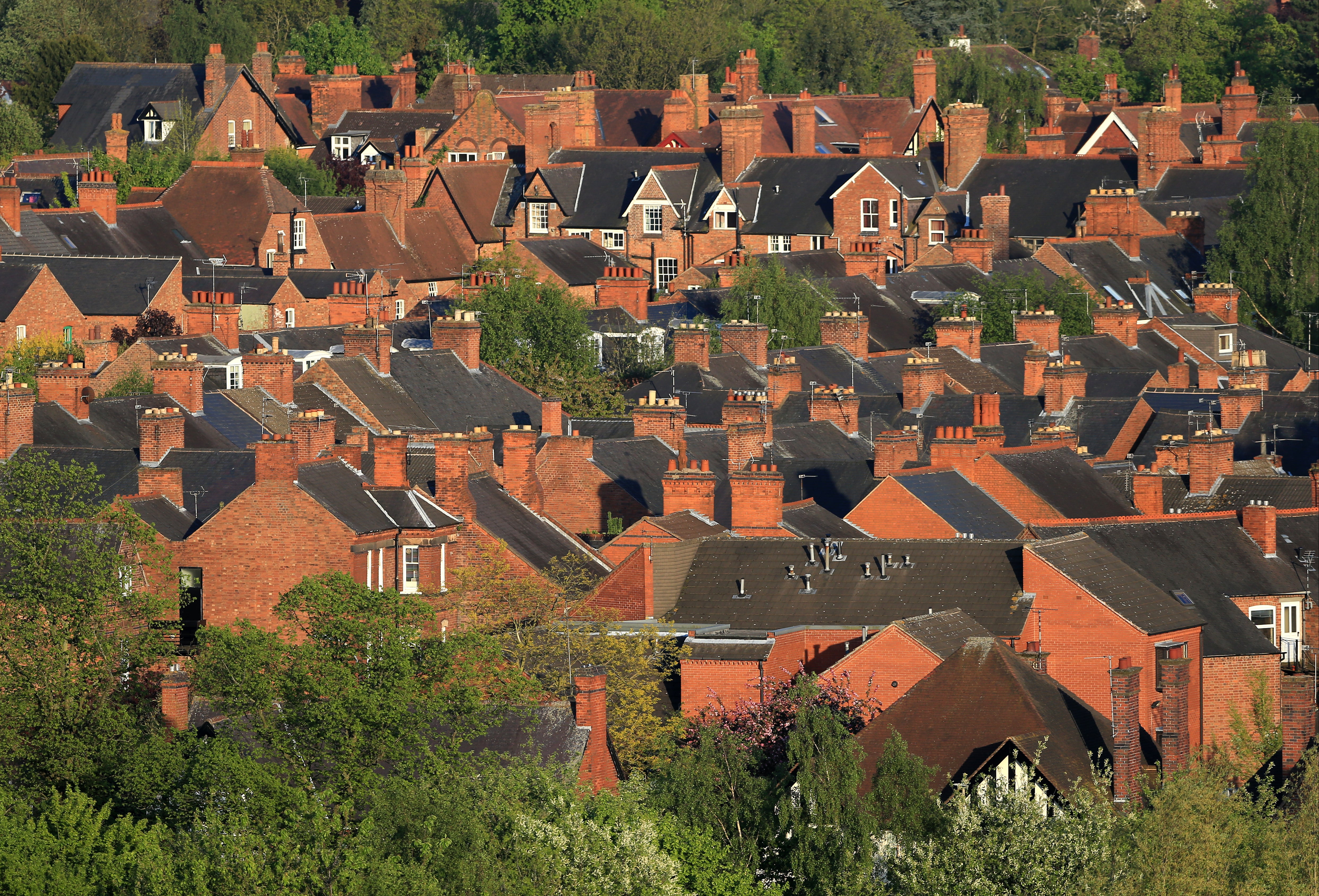Decline of the front garden as homeowners install driveways
More than one in 10 homeowners have already converted either some or all of their front garden into a driveway, Direct Line Home Insurance said.

Your support helps us to tell the story
From reproductive rights to climate change to Big Tech, The Independent is on the ground when the story is developing. Whether it's investigating the financials of Elon Musk's pro-Trump PAC or producing our latest documentary, 'The A Word', which shines a light on the American women fighting for reproductive rights, we know how important it is to parse out the facts from the messaging.
At such a critical moment in US history, we need reporters on the ground. Your donation allows us to keep sending journalists to speak to both sides of the story.
The Independent is trusted by Americans across the entire political spectrum. And unlike many other quality news outlets, we choose not to lock Americans out of our reporting and analysis with paywalls. We believe quality journalism should be available to everyone, paid for by those who can afford it.
Your support makes all the difference.The volume of applications for dropped kerbs has increased in recent years as homeowners look to convert front gardens into driveways, according to an insurer.
More than one in 10 (12%) have already converted either some or all of their front garden into a driveway to guarantee a parking spot outside their home, Direct Line Home Insurance found.
Nearly a fifth (18%) of these conversions were in London while only 1% were in the north-east of England and a further 1% were in Northern Ireland.
However, paving over gardens to create driveways has environmental impacts, including for wildlife and potential flooding as well as causing potential road traffic issues.
Direct Line also found, as a result of Freedom of Information (FOI) requests to councils, that over the past three years there has been a rise in the number of applications for dropped kerbs received.
In 2018/19, councils received an estimated 14,500 planning requests for dropped kerbs, rising to 14,700 in 2020/21.
The proportion of approved applications has fallen, however, from 80% in 2018/19 to 74% in 2020/21.
It is interesting to see how kerb appeal now means a dropped kerb, rather than an attractive front garden, with parking valued much more highly than grass and shrubbery
Some homeowners have taken matters into their own hands. Over the past three years there have been more than 7,500 investigations into driveways’ dropped kerbs which have potentially been installed illegally, Direct Line found.
The main reason people have or want to turn gardens into driveways is to make parking easier, to fit in more than one car and to keep cars more safely, the insurer added.
Dan Simson, head of Direct Line Home Insurance said: “Parking spaces across many parts of the UK are in high demand. It is interesting to see how kerb appeal now means a dropped kerb, rather than an attractive front garden, with parking valued much more highly than grass and shrubbery.
“Creating a driveway often means a dropped kerb which involves applying for planning permission from a local council.
“We would encourage anyone thinking about doing this to do their research to ensure they have all the correct permissions in place. It is also important to keep your insurer in the loop to make sure your policy remains valid and you are adequately covered.”
Some 2,000 people were surveyed.
Here are the shares of the total number of people surveyed who said they had already converted a front garden into a driveway, according to Direct Line Home Insurance:
– London, 18%
– South East, 14%
– West Midlands, 14%
– East of England, 10%
– Yorkshire and the Humber, 9%
– East Midlands, 9%
– North West, 8%
– Scotland, 6%
– South West, 5%
– Wales, 4%
– North East, 1%
– Northern Ireland, 1%